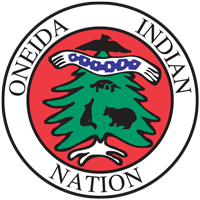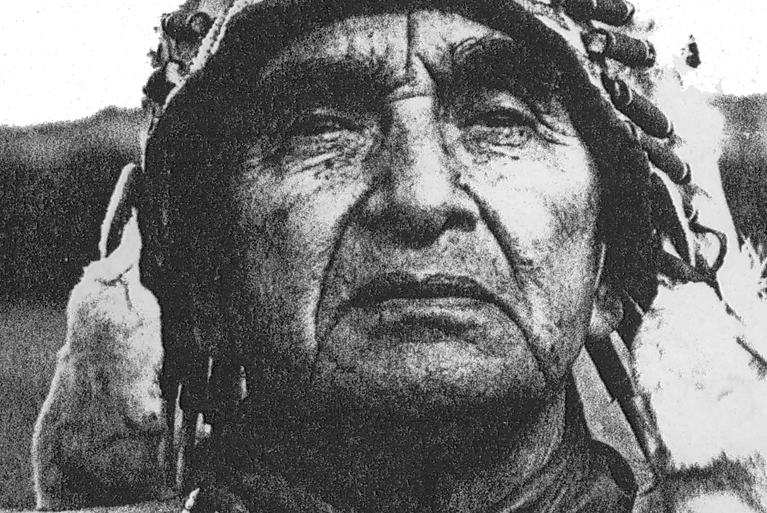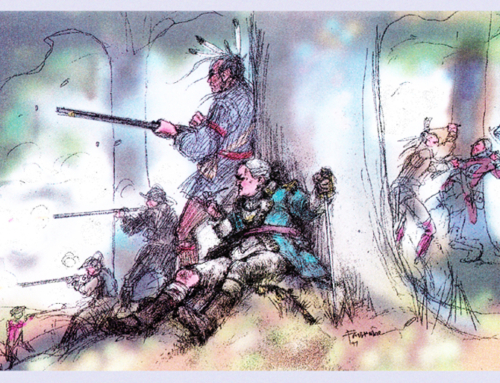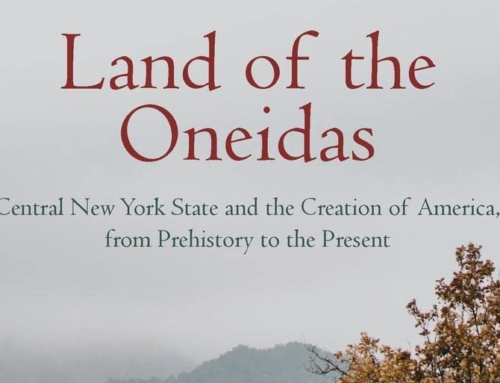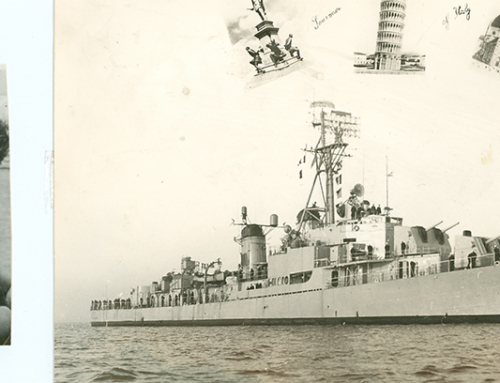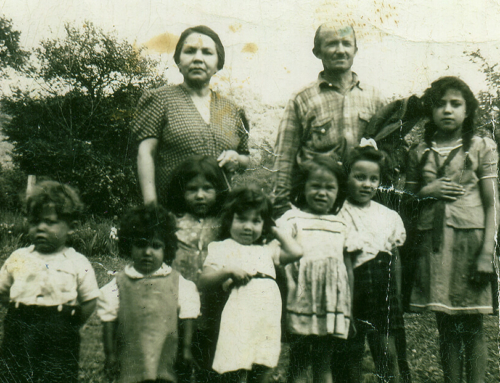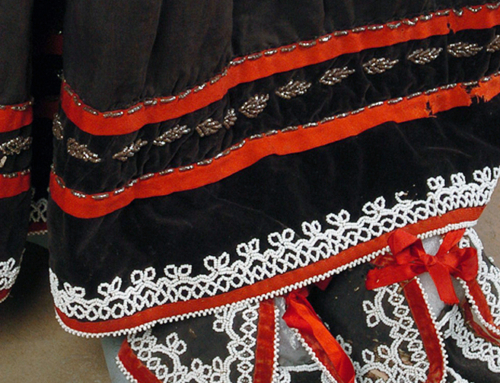Events experienced in childhood can resonate throughout our lives. And justice, or the lack thereof, can reverberate on a seismic scale unto the generations. William “Bill” Honyoust Rockwell (Bear Clan, 1870-1960) articulated his own feelings on these matters when, in his writing, he recalled his childhood on the 32-acres to which the Nation’s land had been reduced:
“Many of my people died with a broken heart. Pains of sorrow and grief took them to their graves. I was old enough to remember the kindly old men and women, how gently they would lay their hands on our heads, because they loved us so. And when they would turn away, their eyes were filled with tears. Some would cry with sympathy for us and the future generations who were to lose the human freedom god gave the red-skinned children. The men also with a look of great concern would talk of the changes taking place. As they would look out over a great stretch, not a tree left standing … Not only that, the land, as far as they could [see], was no longer theirs and ours.”
Bill Rockwell would spend many years fighting to hold on to the meager acreage remaining of the Oneidas’ ancestral lands. His tenaciousness eventually paid off in court in 1919 when more than a decade after the turmoil and litigation over the land began, the 32 acres remained in Oneida hands, as it does today along with the more than 13,000 acres of ancestral lands put into federal trust in 2014.
But there are numerous other facets to Bill Rockwell’s long life, and they are more than worth the journey of discovery, too.

